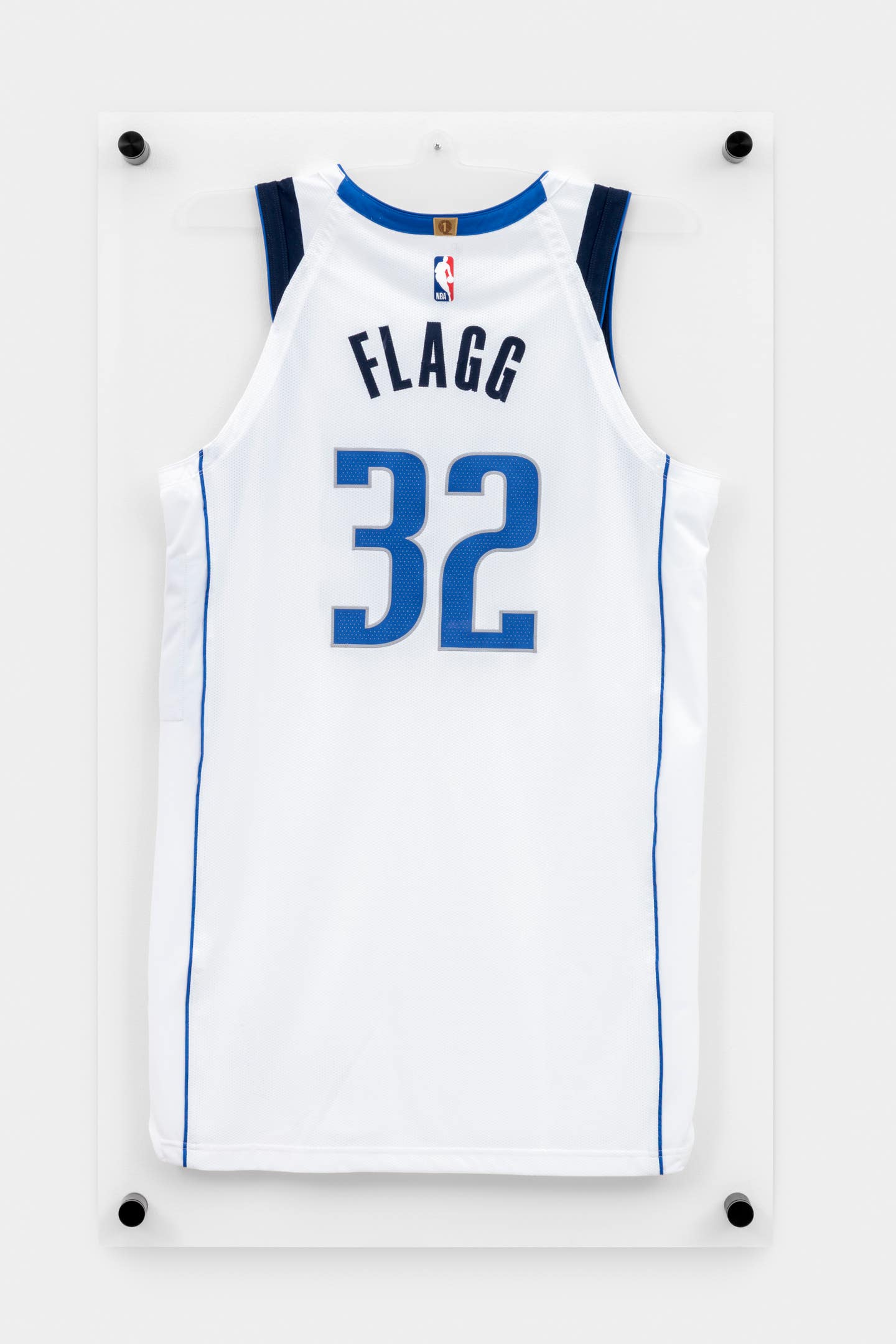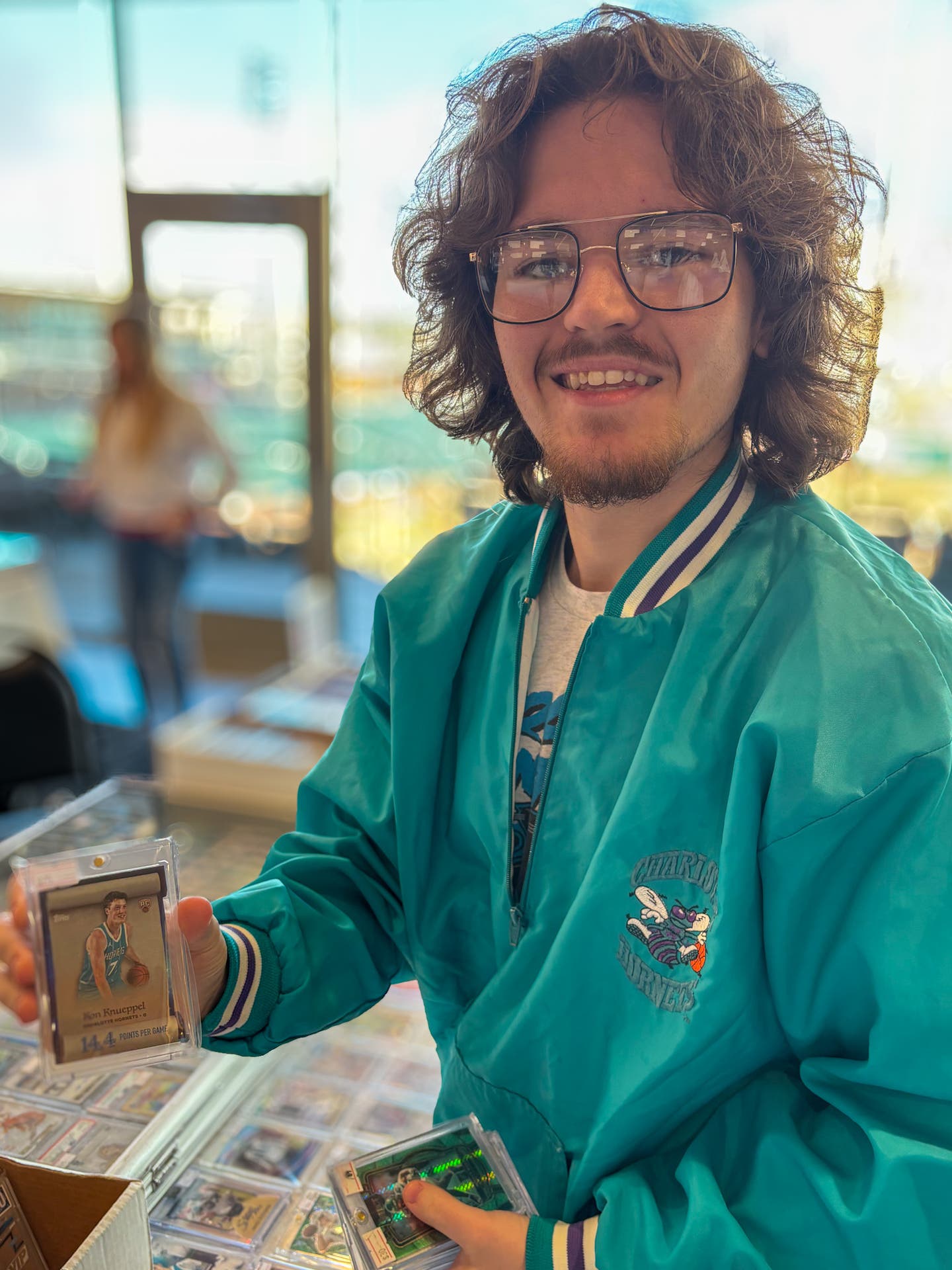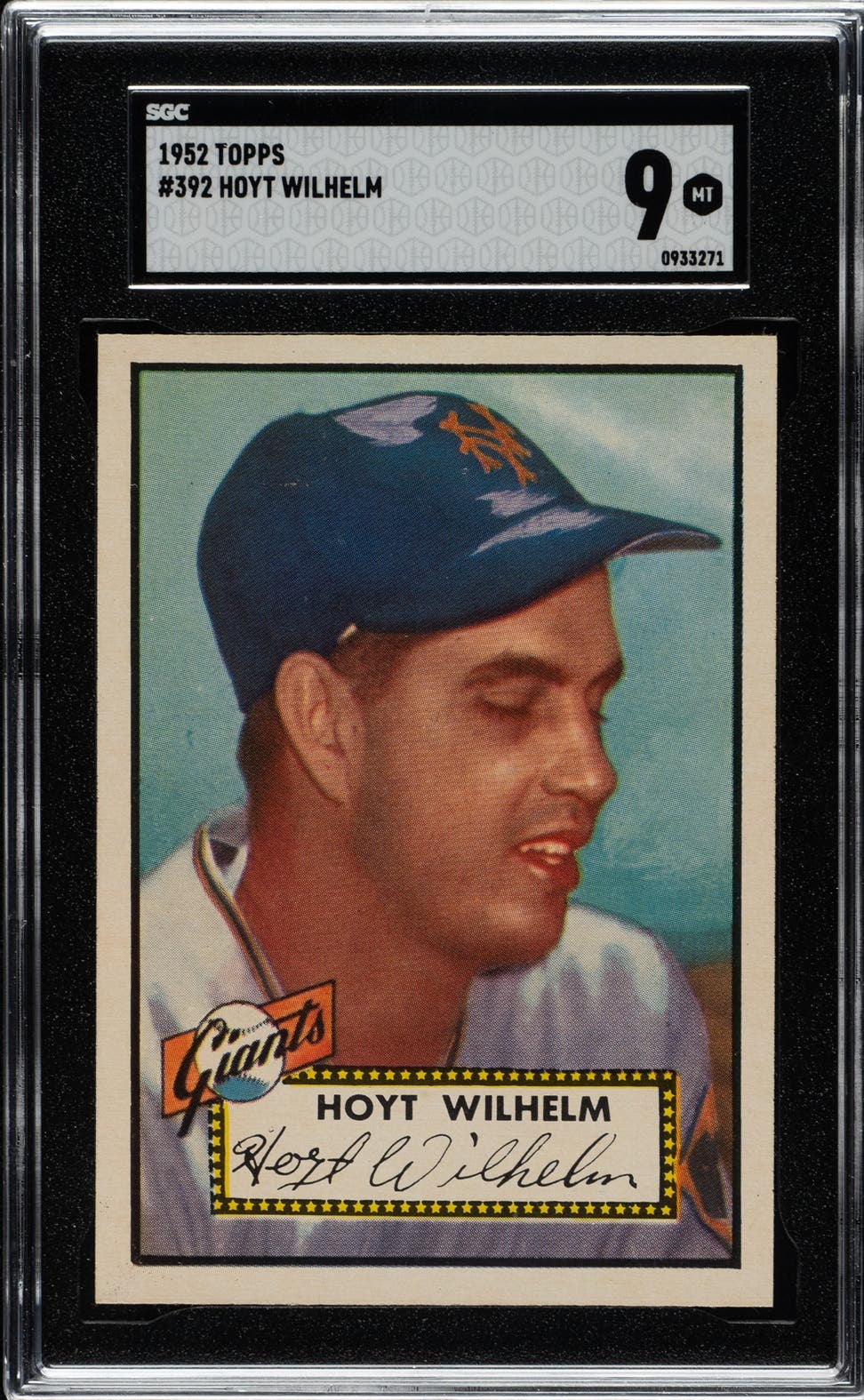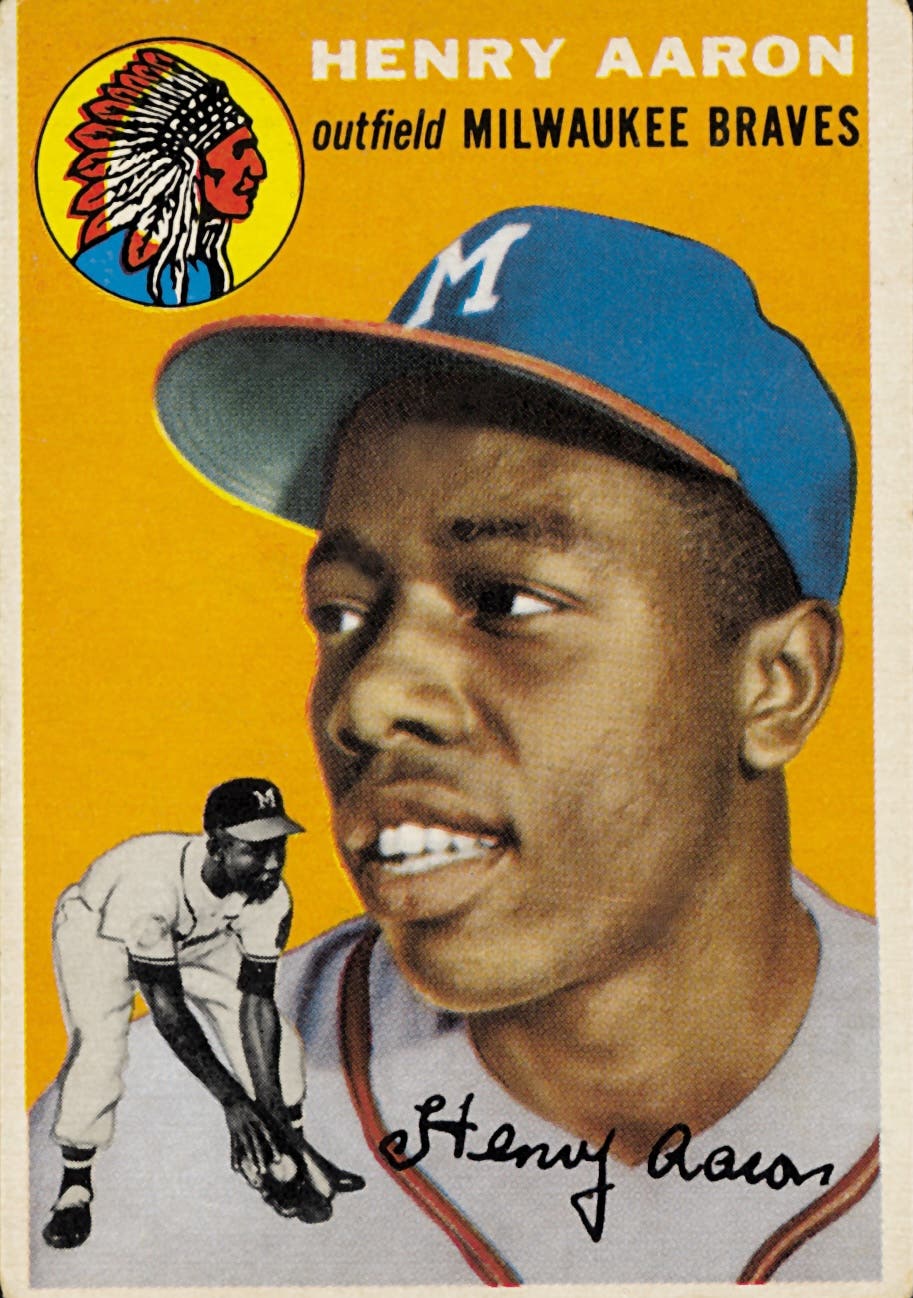News
Autograph collecting: A little history with opinions
Nobody really knows exactly when people started collecting autographs, but one thing’s for sure – autograph collectors have been around a lot longer than sports card collectors. The origin of obtaining signatures dates way before the first baseball game was ever played.
People who collected autographs back in the day either did it for historical significance or to show off their social status. If you think about it, that isn’t much different for most collectors today.
Among the items on my desk here at the SCD offices is a baseball, signed by Donald Trump, and personalized to me. While everybody in our building knows that I don’t consistently rub elbows with “The Donald,” I’m sure it raises my coworkers’ suspicions as to how I obtained such an interesting piece, and how I got access to Trump in the first place.
Corey Wilson, an avid autograph collector from Green Bay, Wis., doesn’t collect for the historical significance or to increase his social status. He’s in it simply for the thrill of the chase.
“Collecting autographs in person is a lot like going fishing,” said Wilson. “Some days you might only score one autograph, but it’s a real gem. Other days, you might get a lot more signatures of rather average ballplayers. It’s a total adrenaline rush when you finally corral that superstar signature.”
According to Wilson, another attraction he has with the autograph hobby is that it’s a way to stay in touch with a sport he loves way after his playing days have been over.
“It reminds me of all the spring training trips I’d take with my dad and all those great moments we’d have together,” said Wilson. “It makes you feel like you’re always a part of the game because the player, by giving you his autograph, has given you an authentic slice of the game. It also means that your favorite player has actually taken, in his hands, an item that maybe you’ve purchased or had in your collection for a period of time. In essence, he just made that item a little better. A little more special.”
For autograph collector/dealer Kevin Keating, his days of autograph collecting stemmed from his passion for the sport he loved, baseball.
“I fell in love with baseball and everything about it,” said Keating. “Collecting autographs provided me with a means to meet my idols in the case of in-person autographs, or to interact with them, in the case of sending for autographs through the mail. Either way, it provided me a connection to my idols. When one owns an autograph, one virtually owns a moment of the life of the signer, providing an actual physical connection to that person. This element, for me, is why collecting autographs is so special.”
When autograph guru Jason Perash began collecting as a child, he said it was all about capturing a piece of time from the celebrity.
“I think autographs are such a big deal to kids because they meet the player and ‘preserve’ the moment,” said Perash. “Adults, however, generally collect on a more serious level. They seek items that fit a theme, such as the 1927 Yankees, seats from stadiums, team balls from world champions, theme balls, etc.”
Perash added that, as an adult, preserving the moment is no longer the point.
“If it were, personalized autographs would be in higher demand because there’s more writing,” said Perash. “Also, many collectors still may want something signed by someone who is less than pleasant because it fits what theme they want their collection to have. Was Barry Bonds a jerk to you? Who cares, as long as you get him on your 500 Home Run Club ball.”
Third-party authentication of signatures has also changed the world of autograph collecting forever. Even if you’ve ever had a less-than-thrilling experience with one of the authenticators because one of your signed items was rejected, there’s no denying the fact that autograph authentication has taken the hobby to another level.
When I was a teenager, I never thought there would be such a thing as legitimate third-party authentication of autographs. Boy, was I wrong.
While it’s still an opinion and definitely not an exact science, third-party autograph authentication by companies like PSA/DNA and James Spence Authentication has given consumers a chance to solidify provenance of an item that may have been otherwise hard to sell on the open market.
Twenty years ago, if you had a Mickey Mantle signed baseball, all you had to offer the potential buyers in terms of authentication was a story of how you obtained the ball and the autograph’s physical appearance. Now, by way of third-party authentication, you can get a PSA or JSA sticker slapped on that white sphere as the company’s stamp of approval, and you pretty much are guaranteed to maximize the dollars you’ll receive for that piece.
It’s also refreshing to finally observe autograph consumers who are starting to become more savvy and realizing that just because an item comes with a certificate of authenticity, it doesn’t necessarily guarantee an item’s authentic.
Now, I’m not referring to a third-party authentication letter. I’m talking about those pieces of paper that are pretty much worthless, and classified as COAs. It wasn’t all that long ago that people would only consider buying an autograph with a COA. I used to get so frustrated with these people and told them that a COA means nothing and that anyone could whip one up on their computer, even if the signature is a fake. It seemed like common sense to me, yet for some reason a COA seemed so important to some people who I ran into on a consistent basis.
People no longer hold that much stock in these types of certs. It’s about time.
There’s no question that autograph collecting has come a long way, and there’s no question it still has a long way to go in order to make it a safer and more enjoyable hobby for collectors. But as long as you collect what you enjoy and take the necessary precautions before purchasing an item, you can also share the joy that lifelong collectors have shared for many years.
Check out Chris Nerat’s blog, Gavel Chat at: gavelchat.sportscollectorsdigest.com. Readers may reach him at Chris.Nerat@fwpubs.com or call him at (800) 726-9966, ext. 13452.








